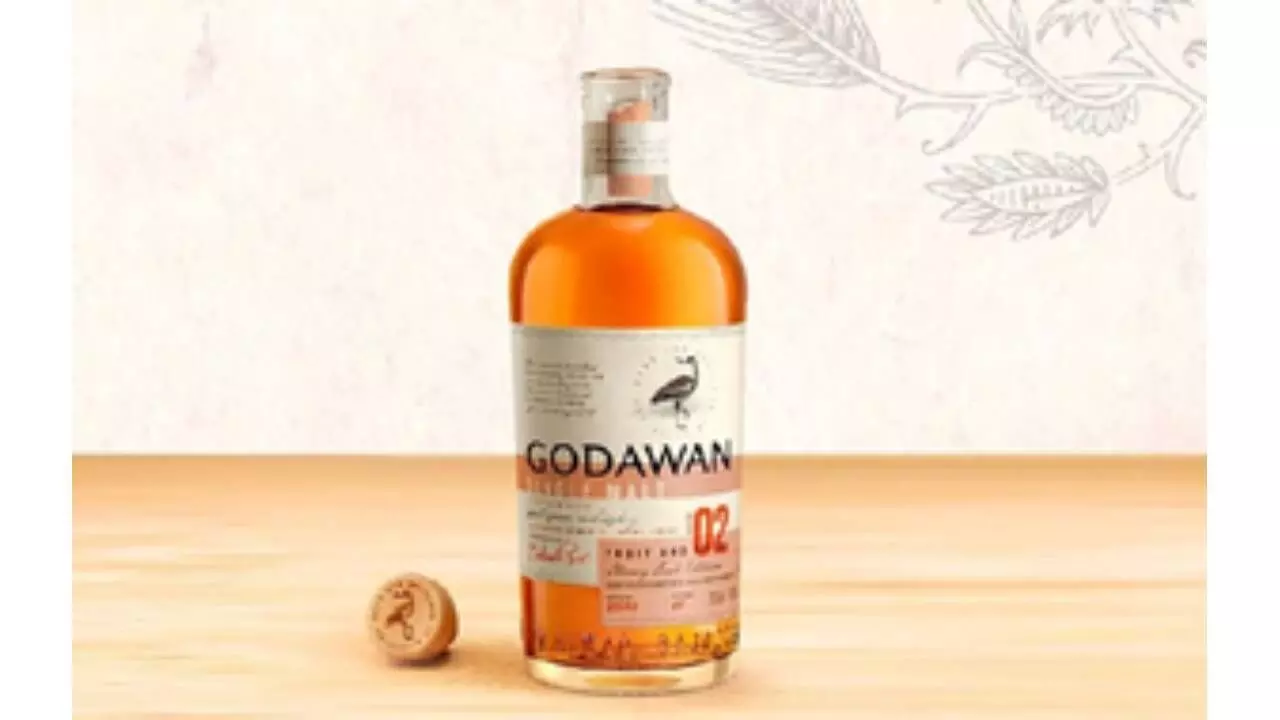Centre targets $1 billion exports of alcoholic beverages as global demand grows
As part of the ‘Make in India’ initiative, the government on Wednesday announced it would promote both Indian alcoholic and non-alcoholic beverages globally, with a target of $1 billion in export revenue over the next few years, amid a surge in global demand for Indian spirits
image for illustrative purpose

New Delhi, Sep 4: As part of the ‘Make in India’ initiative, the government on Wednesday announced it would promote both Indian alcoholic and non-alcoholic beverages globally, with a target of $1 billion in export revenue over the next few years, amid a surge in global demand for Indian spirits.
The Agricultural and Processed Food Export Development Authority (APEDA), under the Ministry of Commerce and Industry, said it has been targeting to increase exports of Indian spirits to major foreign destinations.
The country currently ranks 40th in the world for alcoholic beverage exports. India's alcoholic beverages exports stood at over Rs 2,200 crore in 2023-24 to major destinations like the UAE, Singapore, Netherlands, Tanzania, Angola, Kenya, and Rwanda.
Godawan single malt whisky is all set to launch in the United Kingdom as an artisanal single malt whisky made in Rajasthan. The ministry said that the initiative will support farmers of the Alwar region. The whisky was created as part of corporate conservation efforts for the endangered Great Indian Bustard.
According to the ministry, the first batch of Godawan was flagged off to the UK jointly by Rajesh Agrawal, Additional Secretary, Ministry of Commerce and Industry, and Debra Crew, Chief Executive of Diageo Plc, Abhisek Dev, Chairman of APEDA, and Hina Nagarajan, MD and CEO, Diageo India, along with other senior representatives. Godawan Single Malt whisky was featured at the International Food and Drinks Event (IFE), London in March this year. This worked as a precursor to launching Godawan in the UK and commencing exports. The six-row barley used in the production of Godawan, has been locally procured which helps in enhancing the agricultural income of the local farmers through its backward linkages.

